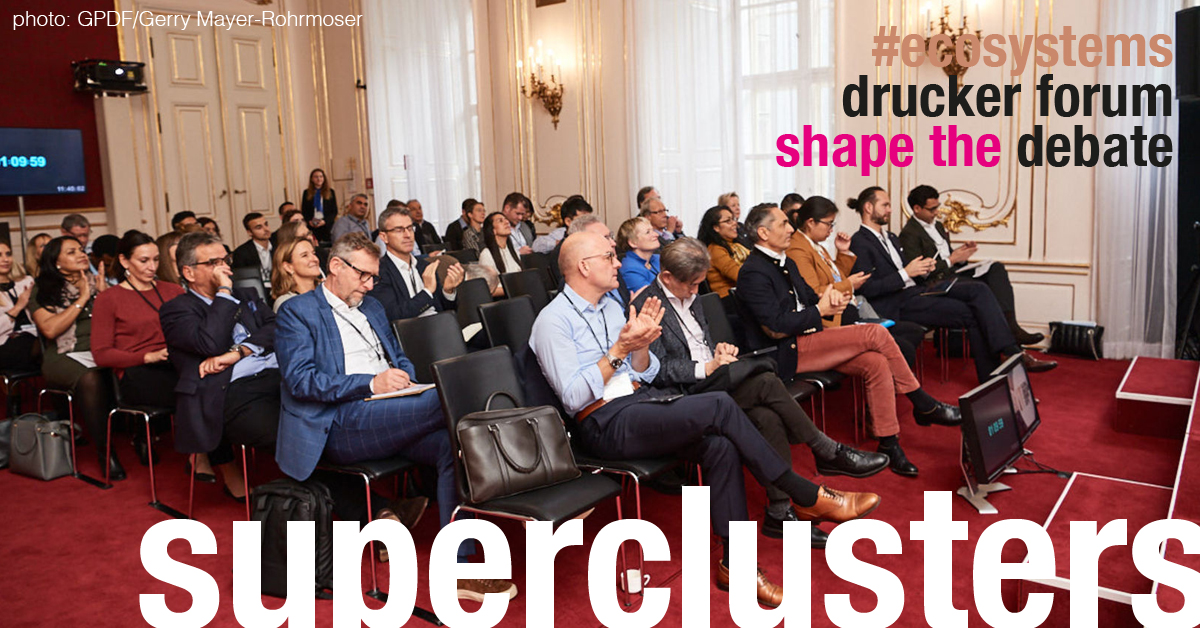In the first two parts of this series, we explored how the Dionysian imperative challenges core assumptions of modern management. We saw how organizations must move beyond the Apollonian pursuit of order and stability, embracing instead a more dynamic interplay between structure and emergence. We followed the transformation from hierarchy to ecosystem and asked what it means for companies to behave more like living systems than machines. But even as strategies evolve and structures adapt, one domain resists change most persistently: leadership. Despite the shift toward distributed intelligence and decentralized action, the image of the omniscient leader – decisive, visionary, in control – still dominates our organizational imagination
[…]









